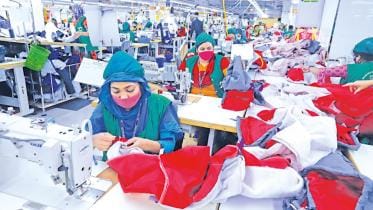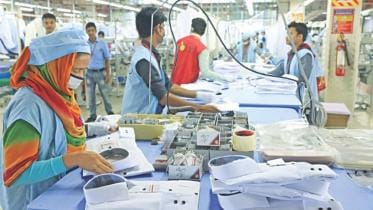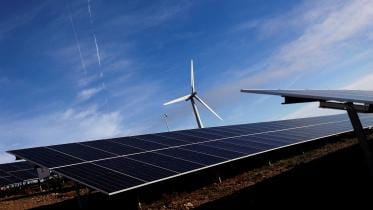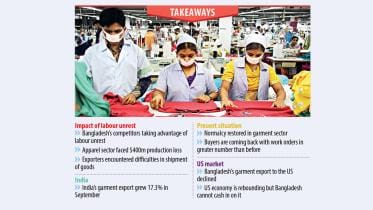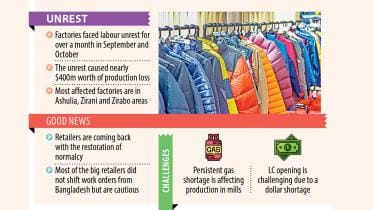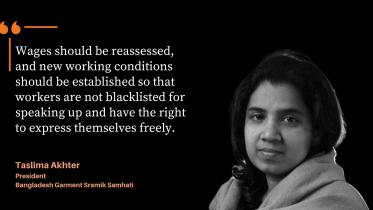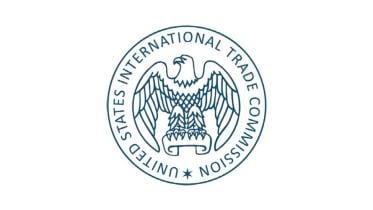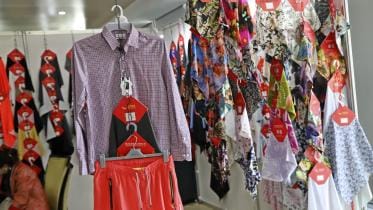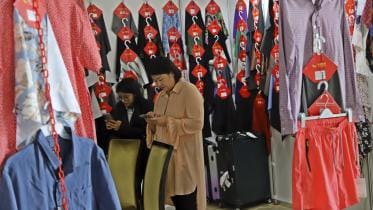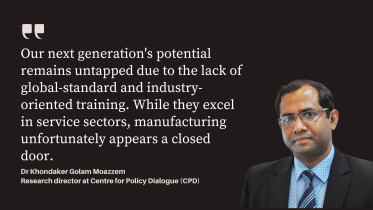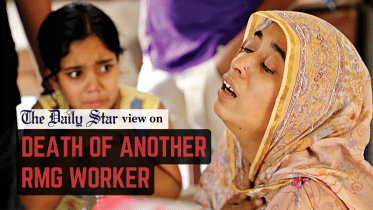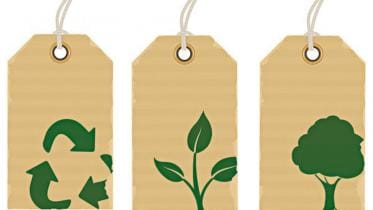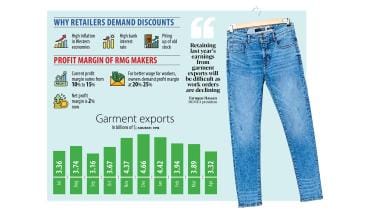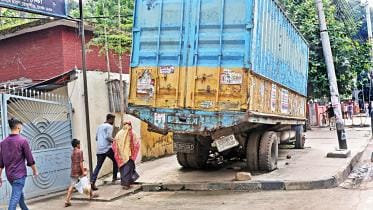Bangladesh RMG sector
How to mitigate the impact of Trump’s reciprocal tariffs
Bangladesh faced a crippling 37 percent tariff on its exports to the US.
16 April 2025, 02:00 AM
Reality is different from perceptions about RMG sector
Bangladesh’s RMG sector has improved, but challenges in wages and rights remain.
3 March 2025, 07:00 AM
Recalibrating for inclusive growth in Bangladesh
Bangladesh faces a critical decision: recalibrate its economy towards inclusivity and sustainability.
18 December 2024, 06:00 AM
Pushing businesses towards sustainable energy use
Bangladesh is at a critical crossroads in its energy policy.
28 October 2024, 05:00 AM
Unrest erodes Bangladesh’s RMG edge over rivals
Garment exports by Bangladesh’s market rivals like India, Vietnam, China and Cambodia have increased to major Western markets due mainly to the latest spell of labour unrest and political changeover earlier in August in the country.
21 October 2024, 18:00 PM
RMG work orders returning as labour unrest subsides
After more than a month of disruption due to the political changeover and subsequent labour unrest in major industrial belts, international apparel retailers and brands are returning to Bangladesh with work orders for upcoming seasons.
19 October 2024, 18:00 PM
‘Workers must be allowed to speak up’
In light of the recent development in the RMG sector, where factories have started to open, Taslima Akhter, president of Bangladesh Garment Sramik Samhati (BGWS), talks about the workers’ protest and their demands and plights in an interview with Aliza Rahman of The Daily Star.
18 September 2024, 03:00 AM
RMG export prices fall up to 16% in last 8 months
International market prices declined mainly because of a fall in demand from end consumers suffering from high inflationary pressure due to the severe fallouts of Covid-19 and Russia-Ukraine war.
2 June 2024, 00:03 AM
US trade body defends Bangladesh at USITC hearing
Despite facing one of the highest tariff rates, Bangladesh is the third-largest apparel exporter to markets in the US because of its efforts to improve working conditions, end forced labour, stamp out counterfeits, and provide safe and high-quality products to American consumers, said the American Apparel and Footwear Association (AAFA) at a hearing recently.
18 March 2024, 00:21 AM
BGMEA chief quizzed by US agency on price rise of apparel items
The president of the Bangladesh Garment Manufacturers and Exporters Association (BGMEA) yesterday faced a barrage of questions from the United States International Trade Commission (USITC) during a hearing.
13 March 2024, 00:53 AM
US to look into 'unhealthy competition' in garment pricing
The United States International Trade Commission (USITC) is going to hold a hearing involving Bangladesh to see whether a recent rise in prices of garment items sourced from the country had anything to do with unhealthy competition.
7 March 2024, 00:53 AM
Bangladesh’s growing prowess in RMG makes Chinese investors upbeat
Chinese textile and garment entrepreneurs are bullish about Bangladesh as the country cements its position as a top supplier of apparel items, evidenced from a healthy flow of orders from international clothing retailers and brands.
7 March 2024, 00:53 AM
What's holding us back from diversifying our exports?
Dr Khondaker Golam Moazzem, research director at Centre for Policy Dialogue (CPD), discusses the challenges that Bangladesh has to overcome on its journey to becoming a middle-income country, in an exclusive interview with Naimul Alam Alvi of The Daily Star.
18 January 2024, 01:00 AM
Must workers die for seeking fair wages?
The manner in which RMG unrest is being handled defies logic
14 November 2023, 07:18 AM
Why should RMG workers toil to live below the poverty line?
How acceptable is this minimum wage of Tk 12,500?
12 November 2023, 03:00 AM
Bangladesh must prepare for shorter production runs
We are not geared for such runs in the same way that some manufacturers in Europe are.
28 May 2023, 15:00 PM
Environmental compliance may weed out smaller garment factories
Will we see an industry which has fewer and larger players?
21 May 2023, 15:00 PM
RMG exporters face fresh pressure as buyers seek discounts
International clothing retailers and brands are demanding up to 5 per cent discounts from Bangladesh’s apparel exporters, adding another challenge for the suppliers who are already grappling with multiple issues amid volatile global economic scenario.
6 May 2023, 18:00 PM
How to make sure women entrepreneurs continue to thrive
Despite the increased participation of women in different sectors, there remains a lack of dynamism in their employment.
4 April 2023, 04:00 AM
RMG shipments: At the mercy of highway robbers
Readymade garment manufacturer A Plus Sweater Ltd had sent an RMG consignment to Chattogram Port from its Gazipur factory on eight covered vans on October 29 last year for shipment to Brazil.
27 January 2023, 01:40 AM




